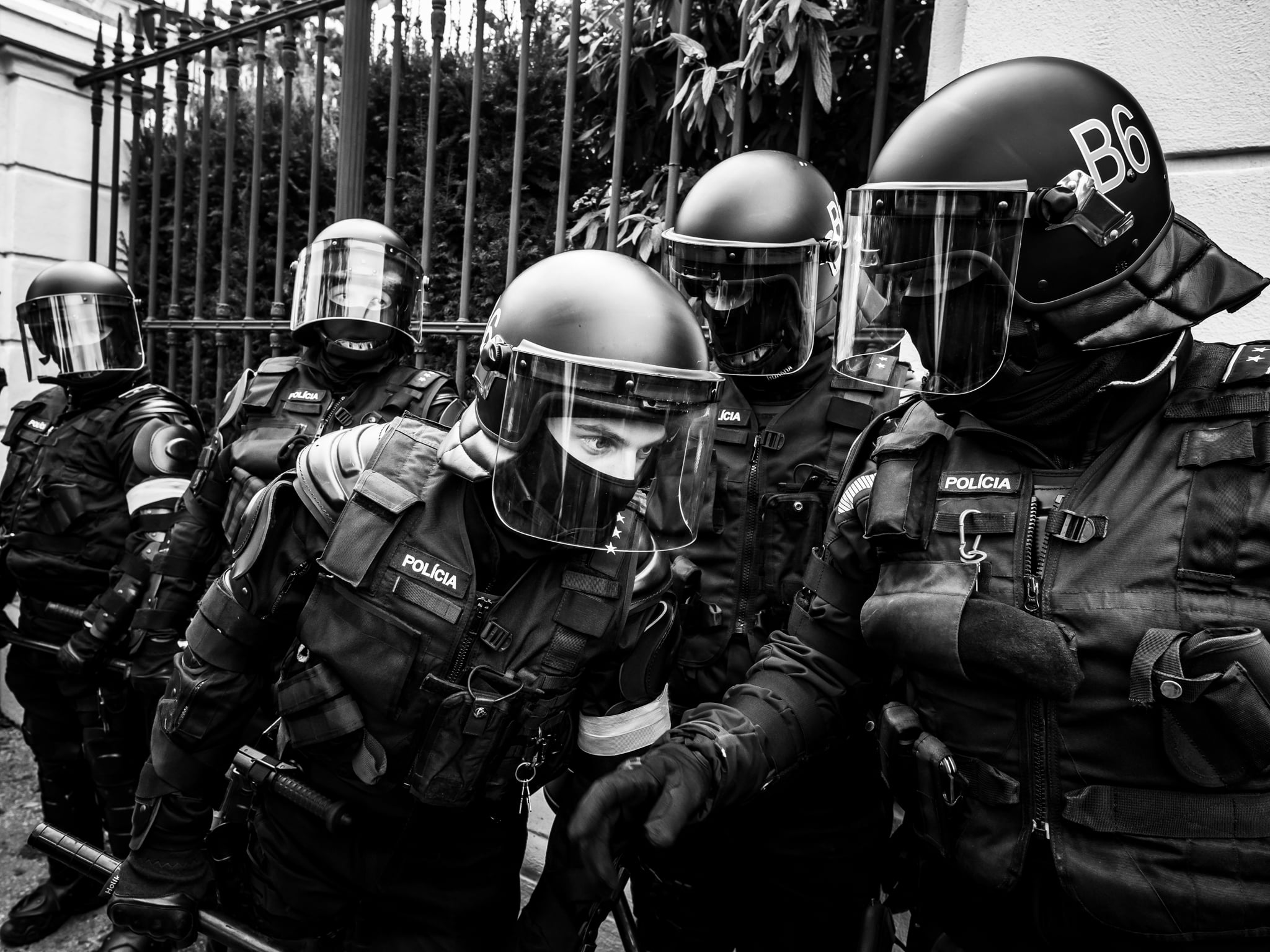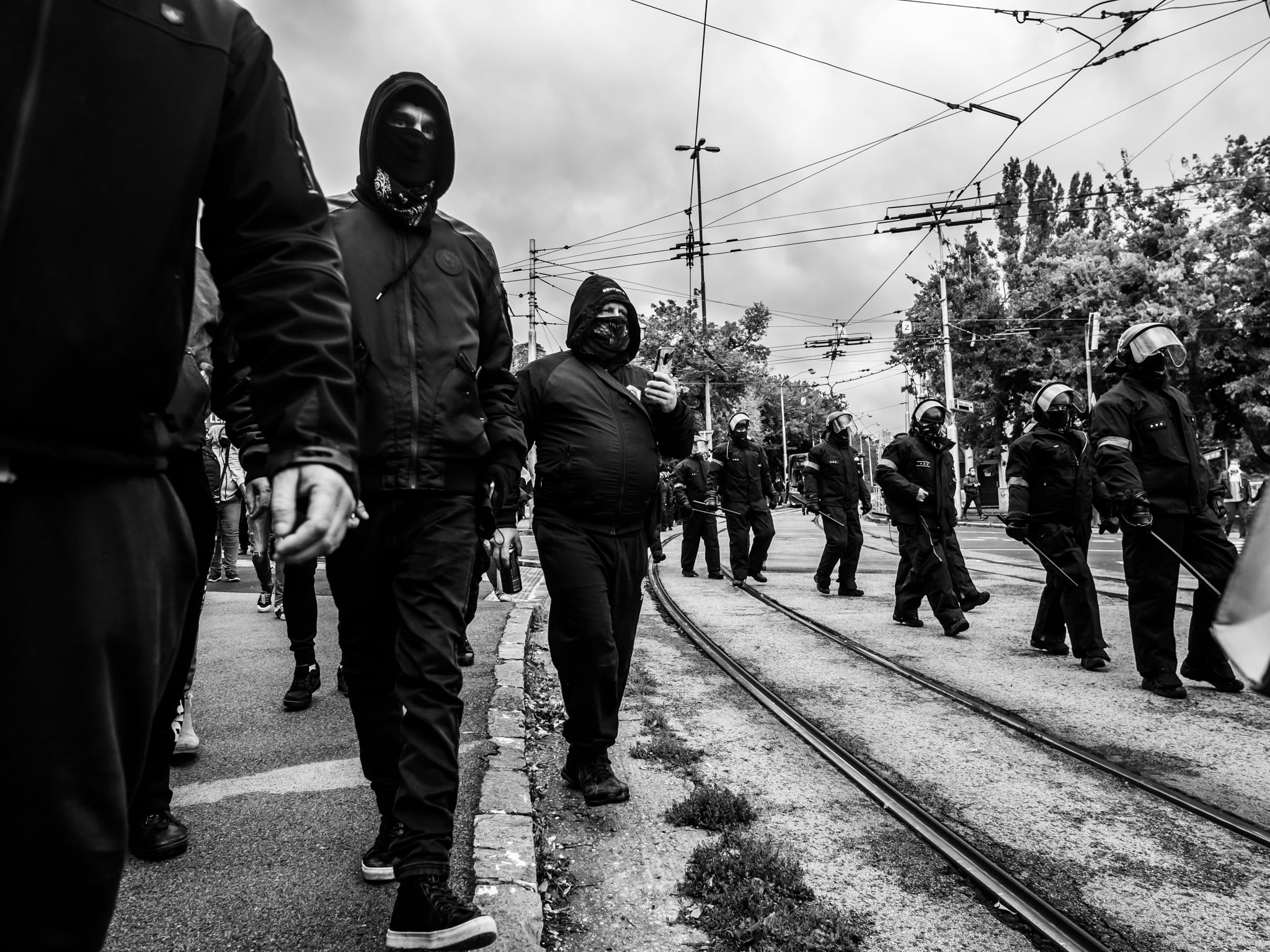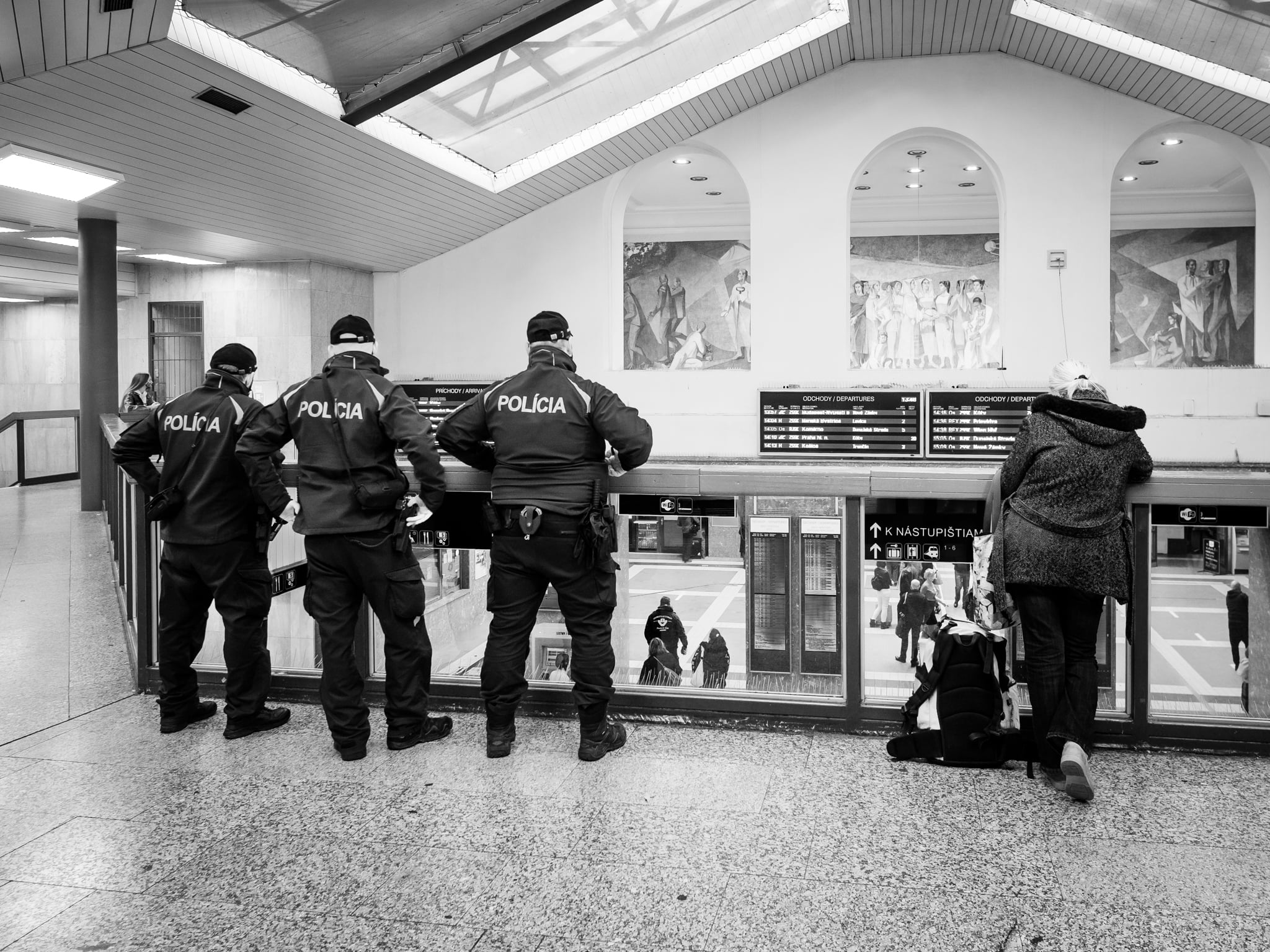Restoratívna justícia v podmienkach Slovenskej republiky
Restorative justice within the legal framework of Slovak republic
Anotácia: Koncept restoratívnej spravodlivosti je tradične spätý s využitím tzv. restoratívnych programov (mediácie, rodinných konferencií, kruhov a.i.). Cieľom tohto príspevku je vniesť holistický pohľad na restoratívnu spravodlivosť a potenciálneho využitia jej myšlienok pri riešení trestnoprávnych sporov na Slovensku, a to aj návrhom konkrétnych opatrení pre aplikačnú prax.
Kľúčové slová: restoratívna justícia, náprava, obeť, páchateľ.
Annotation: The concept of restorative justice is conventionally associated with the use of so-called restorative programmes (e.g. mediation, family group conference, sentencing circles). The aim of this article is to bring the reader a holistic view on restorative justice and its potential use when it comes to resolving the disputes arising from criminal law in Slovakia. Based on the analysis, we try to propose appropriate resolutions for the application practice.
Key words: restorative justice, reparation, victim, offender.


